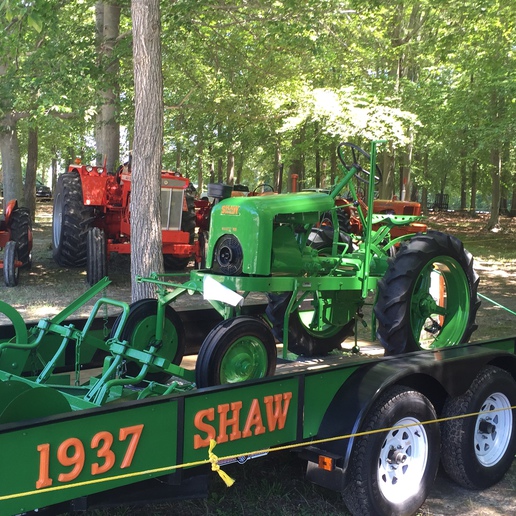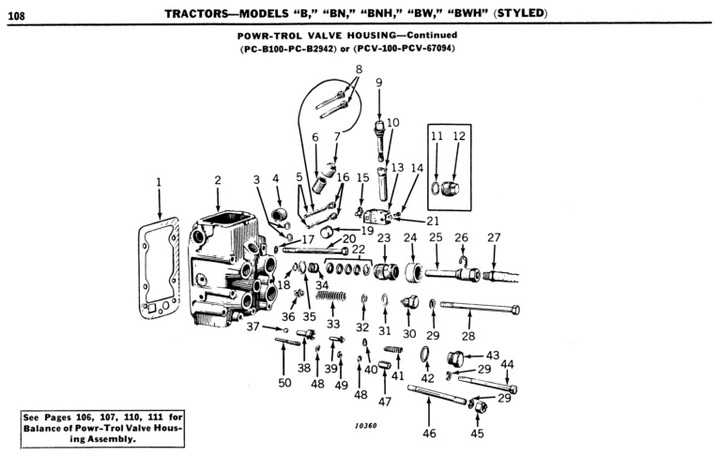I am looking at a replacement gooseneck trailer and the one I am thinking of is 36 foot and has an 18,000 pound GVWR. I am thinking I am in CDL territory now, even with it for "farm use"? I know in Iowa if you have a gooseneck it is considered a weight-transfer trailer and they use the combined GVWR of the trailer and pickup to determine total weight, if it is a bumper hitch they determine them separately. I have never had a CDL so don"t know the requirements, I plan on going to the DOT and getting a book Monday but thought I"d check in here to see if anyone had any knowledge on weight ratings and licenses for pickup/gooseneck combos, etc..





